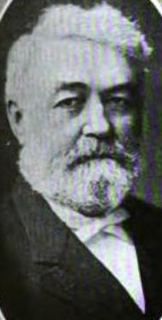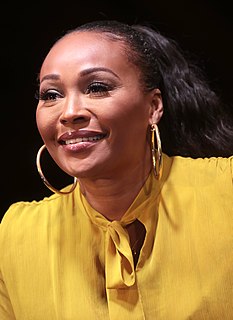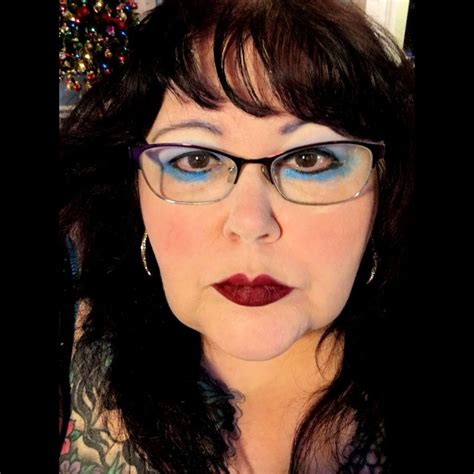A Quote by Brene Brown
Who we are and how we engage with the world are much stronger predictors of how our children will do than what we know about parenting.
Related Quotes
We don't think much about how our love stories will affect the world, but they do. Children learn what's worth living for and what's worth dying for by the stories they watch us live. I want to teach our children how to get scary close, and more, how to be brave. I want to teach them that love is worth what it costs.
I think parenting well is not so different than trying to consider how to be successful at any relationship. Like, how do you partner well? How do you collaborate well? How do we have this conversation well? You know, you're always trying to figure out what "well" means, so I think parenting is another version of that.
I believe that one of the most damning things about our culture is the adage to never talk religion and politics. Because we don't model this discourse at the dinner table and at Thanksgiving, we don't know how to do it well and we're not teaching our children about the world and about how to discuss it.
I'm not saying I'm going to rule the world, I'm going to change the world. But I guarantee I will spark the brain that will change the world. And that's our job. It's to spark somebody else watching us. We might not be the one, but let's not be selfish. And because we['re] not going to change the world, not talk about how we should change it. I don't know how to change it. But I know if I keep talking about how dirty it is out here, somebody's going to clean it up!
We come together, we create our families, we chose our mates out of the desire to form a life together. Love takes many forms, wears many faces, but when it's real, when it touches your heart, you will know it and--with hope--embrace it. Love is stronger than hate, love is stronger than anger. Love is stronger than all artificial divisions that exist n our world.
The traditional paradigm of parenting has been very hierarchical, the parent knows best and very top down. Conscious parenting topples [this paradigm] on its head and creates this mutuality, this circularity where both parent and child serve each other and where in fact, perhaps, the child could be even more of a guru for the parent .... teaching the parent how the parent needs to grow, teaching the parent how to enter the present moment like only children know how to do.


































